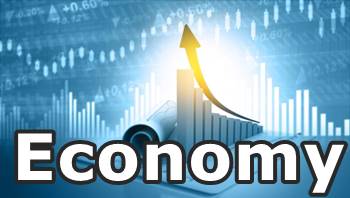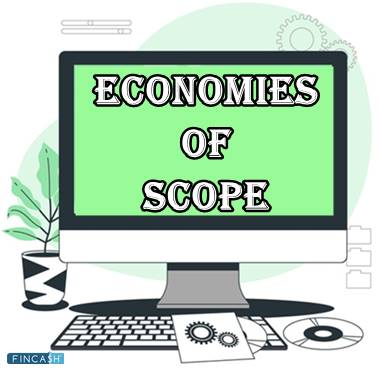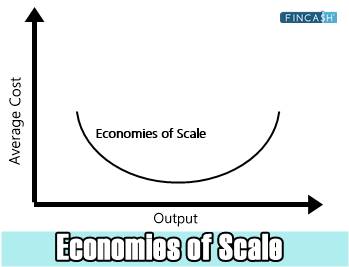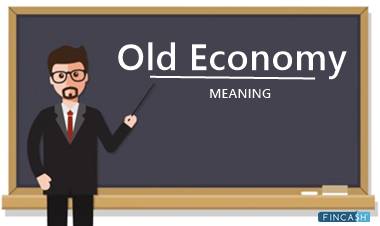
Table of Contents
What is Goldilocks Economy?
The popular children's fable Goldilocks and the Three Bears inspired the term Goldilocks Economy. The optimal or ideal state of an economy is referred to as the Goldilocks economy.

The economy will reflect growth stability, full employment, and other factors. There is neither rapid nor slow progress in growth. To prevent any ups and downs, the economy grows steadily. There is neither Inflation combined with strong growth nor is there a Recession. In this, the economy is claimed to mirror a condition of perfect bliss for everyone.
Features of Goldilocks Economy
The Indian economy is currently beset by problems on both sides, including budgetary austerity and increased public investment. Over the medium to long term, the lowering of inflation allows for modest economic development. The Indian situation has been compared to that of a Goldilocks economy, according to the RBI. The following are some of the features of the goldilocks economy for better understanding.
1. Low Employment Rate
The unemployment rate is known as the number of people in a given economy who are eager to work but unable to do so. Following the imposition of a strict countrywide lockdown in April of this year, India's jobless rate reached an all-time high. It has recovered somewhat since then, but the level is still alarmingly high.
2. Low Inflation
The buying power of the rupee in the economy is determined by inflation rates. When the inflation rate is low, it implies that the costs of goods and services in an economy aren't growing too rapidly or steeply. The RBI's Monetary Policy Committee (MPC) has reduced interest rates many times in recent months in the hopes of encouraging private spending and credit growth but has decided not to do so in light of rising food and gasoline costs in recent weeks.
Talk to our investment specialist
3. Low Market Interest Rate
When a lender lends money to a borrower, these rates are expressed as a percentage of the amount lent. Market interest rates are based on the institution's overnight rate, which is the rate at which banks lend to one another.
4. Economic Growth
This is the Goldilocks economy's most cited metric. GDP is a wide economic measure of the value of all services and finished commodities generated in a nation, and it serves as a direct indicator of an economy's health.
5. Asset Price
A Goldilocks economy will be identified by an increase in the values of stocks, derivatives, Bonds, Real Estate, and other assets. When utilising broader metrics of actual Economic Growth, this rise is difficult to discern.
The Bottom Line
The Asian economies of India, China, Singapore, and Indonesia, according to Morgan Stanley research, are projected to recover from the disheartening impacts of the COVID-19 pandemic, entering a 'Goldilocks' period in 2021. Low-interest rates, tax cuts, and low inflation can be ineffective in sustaining long-term economic development.
For a few years, the economy can develop at a steady pace before slowing down. In addition, the central Bank's monetary policy is anticipated to keep inflation in check. As a result, the central bank's policy of reducing or raising the benchmark rate affects economic growth. Finally, external variables such as global issues might impact economic growth.
All efforts have been made to ensure the information provided here is accurate. However, no guarantees are made regarding correctness of data. Please verify with scheme information document before making any investment.












